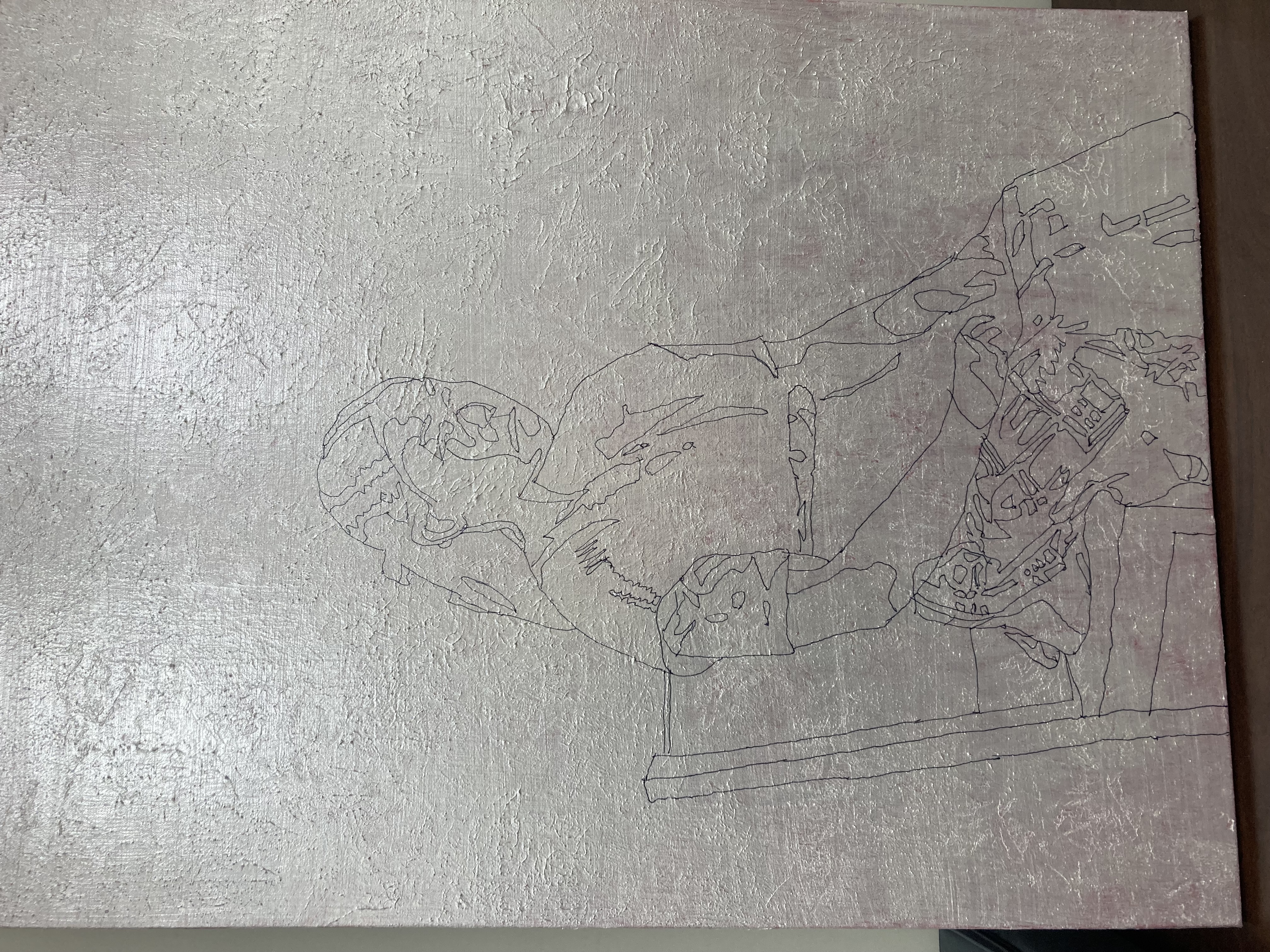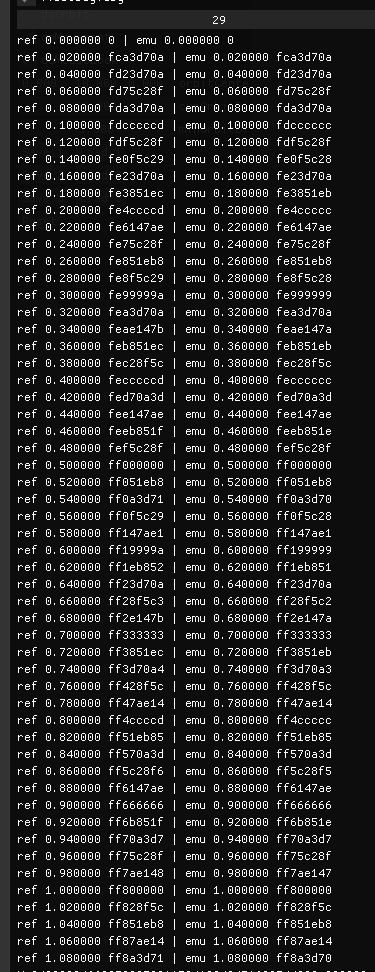taby said:
Yes, Mach's principle is what you're looking for.
Looking that up i see they still try to confirm it with experiments.
Little do we know…
taby said:
Edit: I'm giving up.
Well, maybe god will tell us more about the universe after we die.
At least the few things he knows about it. ; )
taby said:
I'm sure that you'll figure it out, after more thought.
Sadly the solution is to be more conservative about the upper bound on how far a local change can spread through my geometry.
If i move an object, initial geometry only changes locally. But after that i calculate smooth crossfield, wavefield, remesh, hierarchy, and materials is still in front of me. With each processing pass i do, the change can affect a larger distance, because each pass considers hierarchical adjacency.
The result is that i need to update a large area even for small changes.
Maybe it does not matter my progress so slow. To make this practical for production, very powerful HW is needed to keep waiting times acceptable. I depend on the progress of the HW guys i criticize so much. ; )











